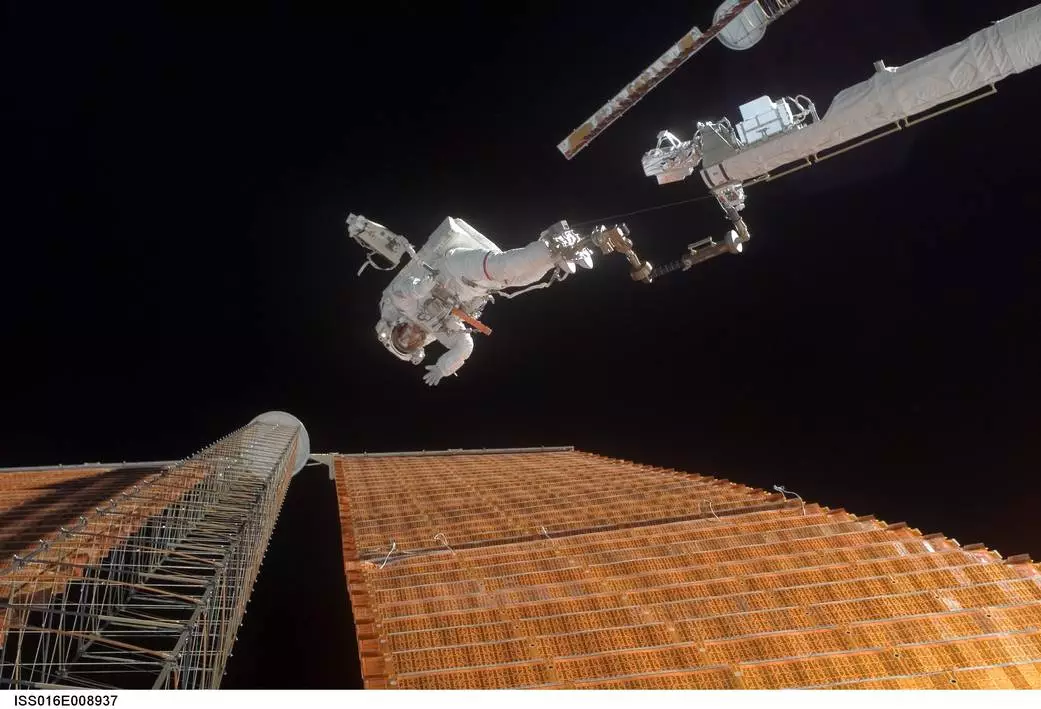NASA has marked half a century of spacewalks by rolling out a catalog of breathtaking photos taken across decades of extravehicular activity. June 3 marks 50 years to the day that Edward H. White II stepped out into the emptiness of space in 1965, blazing a trail for generations of NASA astronauts to follow.
White ventured out into space from NASA's Gemini IV spacecraft, but he wasn't the first human to step outside a spacecraft in orbit. Only months earlier, on March 18, 1965, Russian cosmonaut Alexei Leonov took the first space walk, pipping the Americans and their exploratory aspirations at the post.
Almost two decades after White spent 20 minutes making his way around the outside of the Gemini spacecraft, countryman Bruce McCandless made another huge leap.

As part of the STS-41B mission aboard the Space Shuttle Challenger, McCandless would depart the spacecraft to perform the first untethered spacewalk. This was made possible by way of a nitrogen-propelled, hand-controlled jetpack known as the Manned Maneuvering Unit (MMU), which allowed McCandless to move around in open space.
NASA astronauts have now completed hundreds of spacewalks. This includes 21 spacewalks on the surface of the Moon, 184 strolls outside the International Space Station, 82 walks outside of space shuttle airlocks and 166 hours logged servicing the Hubble Space Telescope.
These days, NASA is turning its attention to developing more advanced spacesuits that can handle travel into deep space, namely a trip to Mars.
You can see some of the many highlights of NASA's 50 year history of spacewalking in the spectacular photo gallery.
Source: NASA








































































